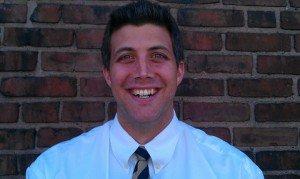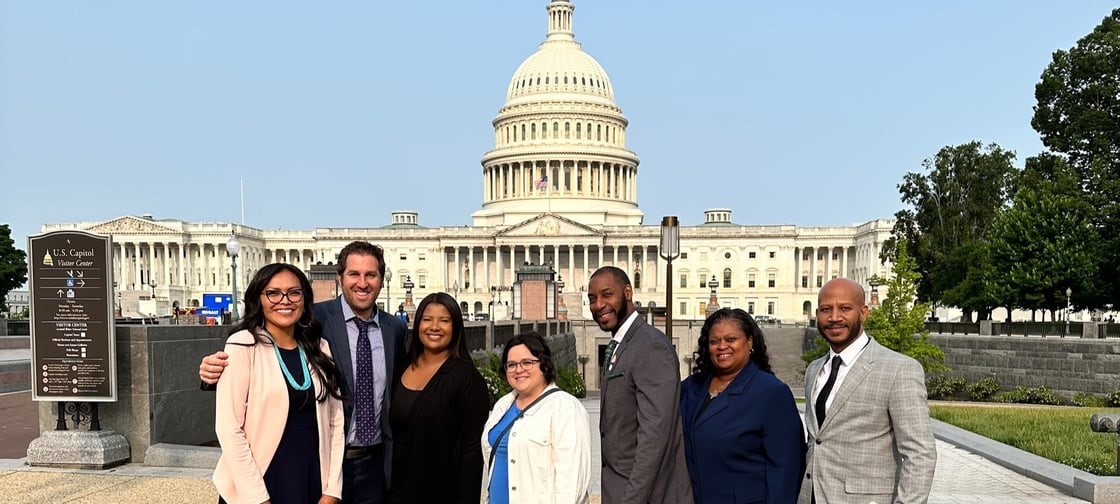In conjunction with the release of our newest issue brief, the Charter Blog is looking at ways public charter school leaders design their school mission to meet diverse community needs. The question of which students a charter will serve is a critical inquiry that must be considered throughout all phases of school development (and throughout the life of the school). Schools in the incubation phase can shed particular light on the if/then considerations that founders must balance in order to launch their envisioned charter school. Josh Densen is working with 4.0 Schools—a charter incubator that focuses on talent development to build charter school leadership teams—to launch Bricolage Academy, a proposed New Orleans charter school that is diverse by design. Densen began the inquiry process for his school in July 2011, and, as of January 2012, he has begun to work on the charter application.
For Densen, socio-economic diversity is a value to celebrate and a prerequisite for future academic and professional success. Densen does not have an ideal student demographic population; his admissions process reserves 40 percent of each class for free and reduced price lunch (FRL)-eligible students, 30 percent for non-FRL students, and 30 percent for a general population without income preferences. However, there is an “at risk” provision in Louisiana’s charter school statute that requires a charter school’s population to mirror the demographic composition of the district from where the students transferred (roughly 62 percent FRL students to match the state demographic for district schools, and even higher within Orleans Parish). As a result of this provision, Densen has a few considerations to weigh when he submits his charter application for authorizer approval. Densen is considering use of a weighted lottery to achieve the socioeconomic diversity described above. That said, if Densen decides to not use a weighted lottery, he can attempt to influence the demographics of the school’s population with a geographic catchment area preference. Locating the school in an area of New Orleans that is already diverse may result in a diverse student population at the school, however, due to New Orleans status as a near-100 percent charter and all choice district, there is no guarantee that a diverse population will endure if families throughout the system choose to attend his school or the neighborhood demographics shift over time. Using a weighted lottery will further the mission of the school and assure parents and families of the school’s commitment to diversity, a quality valued by many New Orleans residents. Densen recognizes that use of a weighted lottery will make Bricolage ineligible for federal CSP funding. The enthusiastic support he receives from a broad range of New Orleans residents and philanthropies reaffirms his commitment to socio-economic diversity. Photo: Josh Densen For more information on the use of weighted lotteries, please see our issue brief. You can learn more about Bricolage Academyhere.







